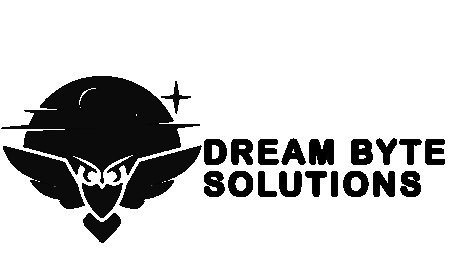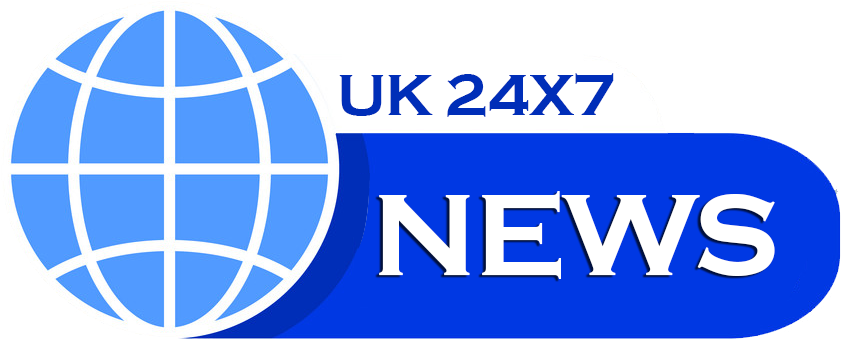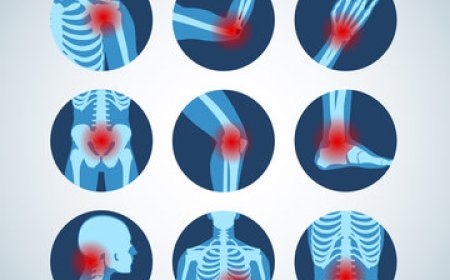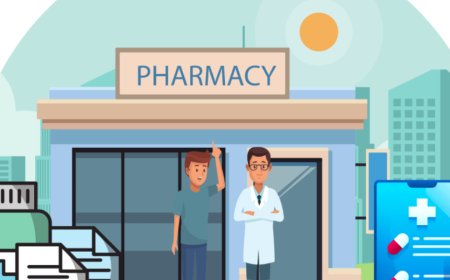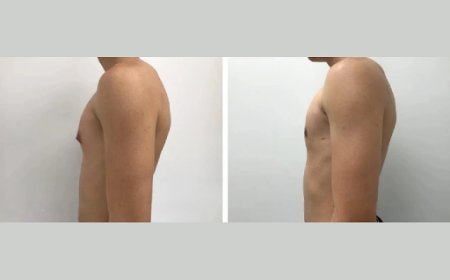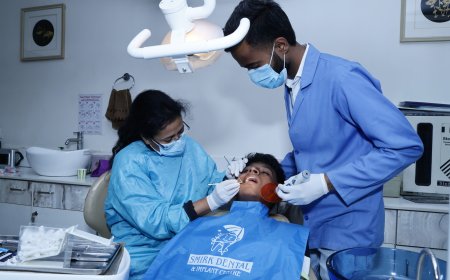Decoding Drug Safety: An Essential Guide to Pharmacovigilance Services and Their Types
The field of pharmacovigilance is constantly evolving, driven by new technologies (like AI/ML for automation and advanced analytics), an increasing focus on real-world data, and global harmonization efforts.
In the intricate world of healthcare, the journey of a medicine from laboratory to patient is meticulously regulated, and a crucial part of this journey isPharmacovigilance (PV). Often referred to as "drug safety," PV is the science and activities dedicated to detecting, assessing, understanding, and preventing adverse effects or any other medicine-related problem. Its ultimate goal? To ensure that medicinal products are as safe as possible for patients throughout their entire lifecycle.
Far from a mere bureaucratic process, pharmacovigilance is a dynamic and multifaceted discipline. For pharmaceutical companies, contract research organizations (CROs), and even healthcare providers, understanding the various types of PV services is essential for maintaining compliance, minimizing risks, and, most importantly, protecting public health.
Let's break down the core ofPharmacovigilance Consulting servicesand their key types:
The Core of Pharmacovigilance Services
At its heart, PV involves continuous monitoring of drug safety. This includes:
-
Adverse Event (AE) / Adverse Drug Reaction (ADR) Collection:Gathering reports of any untoward medical occurrences in patients administered a pharmaceutical product. This is the bedrock of PV.
-
ICSR Case Processing:Transforming raw AE/ADR reports into structured, coded data for analysis. This involves medical review, coding using standardized terminologies like MedDRA and WHODrug, and data entry into safety databases.
-
Signal Detection and Management:Identifying new or changing safety issues (signals) from accumulated data and evaluating their potential significance. This is a proactive step to catch emerging risks.
-
Risk Management:Developing and implementing strategies to minimize the risks associated with a medicinal product while maximizing its benefits. This often involves creating Risk Management Plans (RMPs).
-
Aggregate Reporting:Compiling periodic reports (e.g., PSURs, PBRERs, DSURs) that provide a comprehensive overview of a drug's safety profile over a specific period for submission to regulatory authorities.
-
Regulatory Compliance& Submissions:Ensuring all PV activities adhere to local and international regulations and submitting required safety data and reports to health authorities globally.
Key Types of Pharmacovigilance Services
PV services can be broadly categorized based on the stage of a drug's lifecycle or the nature of the data collection. Here are some of the most common types:
1.Clinical Trial Pharmacovigilance(Pre-Marketing PV)
This type focuses on drug safety during the clinical development phases (Phase I, II, III) before a drug receives marketing authorization.
-
Serious Adverse Event (SAE) Management:Rapid reporting and follow-up of serious adverse events that occur during clinical trials, often requiring expedited submission to regulatory bodies and ethics committees.
-
Suspected Unexpected Serious Adverse Reactions (SUSARs):Identifying and reporting SAEs that are both unexpected and likely related to the investigational product.
-
Investigator Site Support:Providing guidance and training to clinical trial sites on AE/SAE reporting procedures.
-
Development Safety Update Reports (DSURs):Annual reports that summarize the cumulative safety experience for an investigational product.
2. Post-Marketing Pharmacovigilance (Post-Authorization PV)
Once a drug is approved and available on the market, the scope of PV expands significantly to monitor its safety in a much larger and more diverse patient population.
-
Spontaneous Reporting (Passive Surveillance):The most common form, where healthcare professionals or patients voluntarily report suspected adverse reactions to regulatory authorities or pharmaceutical companies.
-
Individual Case Safety Report (ICSR) Management:The entire process of receiving, documenting, assessing, coding, and submitting individual reports of suspected adverse reactions.
-
Medical Literature Monitoring:Systematically reviewing published medical and scientific literature to identify adverse event reports and new safety information.
-
Periodic Safety Update Reports(PSURs) / Periodic Benefit-Risk Evaluation Reports (PBRERs):Regular, comprehensive reports on the worldwide safety experience of an authorized medicinal product.
-
Risk Management Plan (RMP) Implementation and Effectiveness Monitoring:Executing the strategies outlined in the RMP and assessing their impact on patient safety.
-
Post-Authorisation Safety Studies (PASS):Studies conducted after a drug has been marketed to further investigate a known safety concern or to quantify a risk.
-
Targeted or Solicited Reporting:Collecting adverse event data through organized data collection systems like patient registries, patient support programs, or specific surveys.
3. Specialty Pharmacovigilance Services
Beyond the core functions, several specialized PV services address particular aspects of drug safety:
-
Signal Management:Dedicated services for the systematic detection, validation, assessment, and prioritization of safety signals.
-
Pharmacovigilance System Master File(PSMF) Management:Developing and maintaining the PSMF, a detailed description of the marketing authorization holder's pharmacovigilance system.
-
Qualified Person for Pharmacovigilance (QPPV) Services:In regions like the EU, the QPPV is a legally required role responsible for the overall pharmacovigilance system of a marketing authorization holder. PV service providers often offerQPPV support.
-
Medical Device Vigilance:While similar in principle, this focuses on monitoring adverse events and performance issues related to medical devices.
-
Pharmacovigilance Audits and Inspections:Conducting internal audits or preparing companies for regulatory inspections to ensure compliance.
-
Safety Database Solutions:Implementation, hosting, and management of pharmacovigilance databases (e.g., Oracle Argus Safety) for efficient case processing and data management.
-
Regulatory Intelligence & Consulting:Providing expert advice on evolving global pharmacovigilance regulations and best practices.
The Ever-Evolving Landscape
The field of pharmacovigilance is constantly evolving, driven by new technologies (like AI/ML for automation and advanced analytics), an increasing focus on real-world data, and global harmonization efforts. By understanding the breadth of pharmacovigilance services and their distinct types, stakeholders can navigate this complex landscape effectively, ensuring the ongoing safety of medicinal products and contributing to better patient outcomes worldwide.









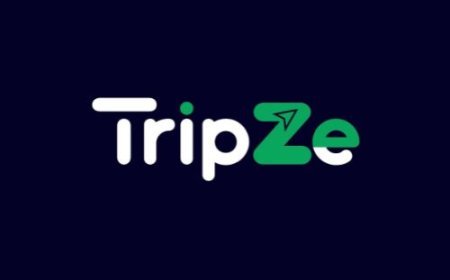


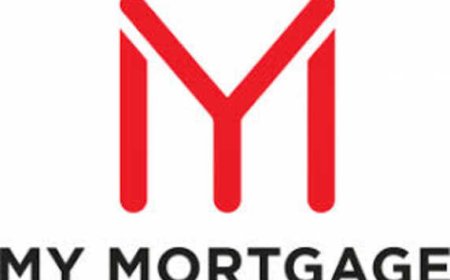


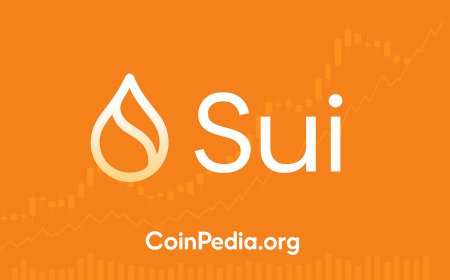
![Top 9 Real Estate Mobile App Developers in Riyadh, Saudi Arabia [2025 Edition]](https://www.biphoo.uk/uploads/images/202507/image_430x256_6879d0d524335.jpg)




